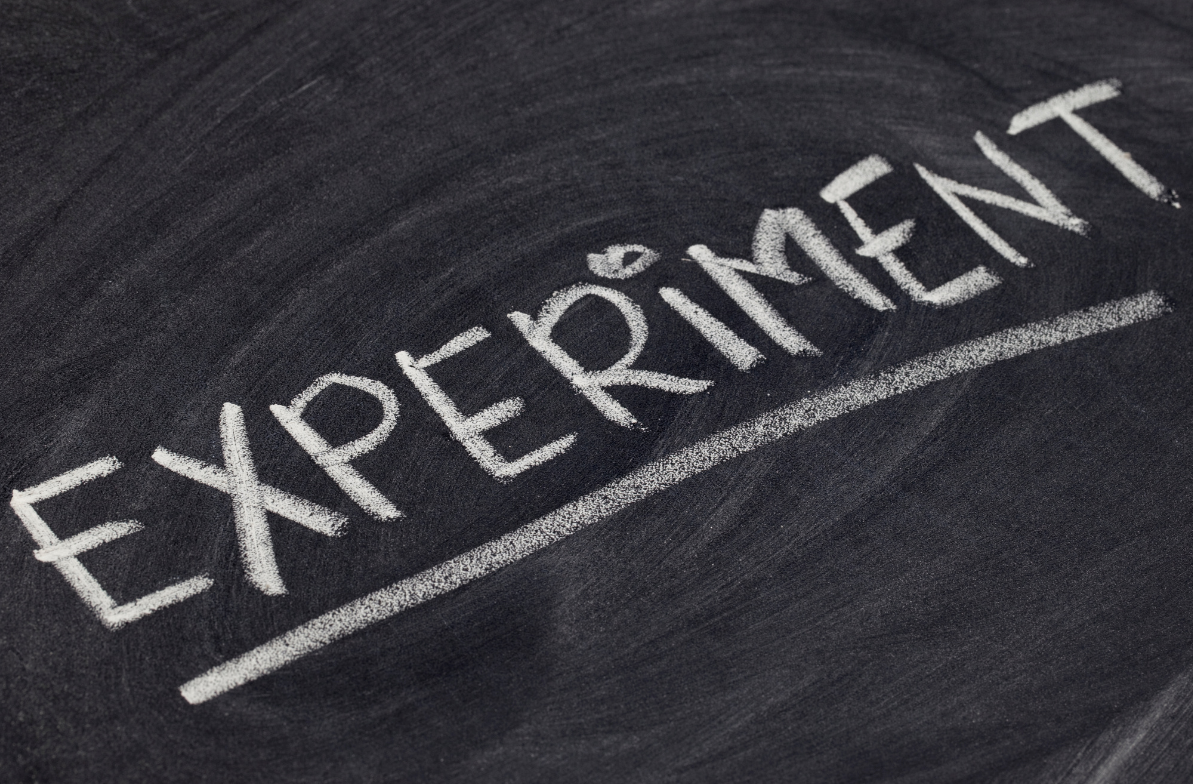Anxiety, a pervasive mental health challenge affecting millions of individuals worldwide, can be a debilitating force that hinders personal growth and happiness. However, amidst the struggles, there is hope. By understanding the connection between our beliefs and behavior and embracing the power of experimentation, we can forge a path toward overcoming anxiety.
Our Beliefs Directly Influence Our Behavior
Beliefs serve as the lens through which we perceive the world and shape our behavior. When it comes to anxiety, negative beliefs can magnify our fears, perpetuating a vicious cycle of worry and avoidance. For example, if we hold the belief that social situations are inherently threatening, we may avoid them altogether, hindering our social growth and perpetuating our anxiety.
Recognizing the power of our beliefs is the first step towards breaking free from the grip of anxiety. By challenging and reframing our negative beliefs, we can gradually reshape our behavior. Instead of assuming the worst outcomes, we can experiment with new, more positive beliefs that foster courage and resilience. For instance, rather than believing that public speaking will result in humiliation, we can experiment with the belief that it provides an opportunity for personal growth and empowerment.
Considering New Beliefs: Test Them Out By Experimenting
Changing deeply ingrained beliefs can be daunting, as our minds naturally resist embracing unfamiliar territory. This is where the transformative power of experimentation comes into play. By engaging in small, manageable experiments, we can gather evidence that challenges our anxiety-inducing beliefs.
For example, if we believe that taking a crowded bus will trigger a panic attack, we can gradually expose ourselves to similar situations through a series of experiments. We might start by boarding a less crowded bus, noting our anxiety levels and recognizing that nothing catastrophic happened. As we repeat this experiment, gradually increasing the crowd density, we can accumulate evidence that contradicts our initial belief, leading to a gradual reduction in anxiety.
Experiments not only provide us with real-world evidence but also empower us by shifting our focus from potential negative outcomes to objective observations. By adopting a curious and open mindset, we can approach each experiment as a learning opportunity rather than a make-or-break situation. This way, we gain a sense of control over our anxiety and can develop more adaptive beliefs and behaviors over time.
Conclusion
Overcoming anxiety is a journey that requires patience, courage, and a willingness to challenge our deeply ingrained beliefs. By acknowledging the profound influence of our beliefs on our behavior and embracing the power of experimentation, we can reclaim control over our lives and gradually diminish the grip of anxiety. Experimentation allows us to tailor our approach, finding strategies that resonate with our specific needs and circumstances.
Need guidance on your journey to overcoming anxiety? Therapy can help. Schedule a free consultation with one of our licensed, professional therapists here.


